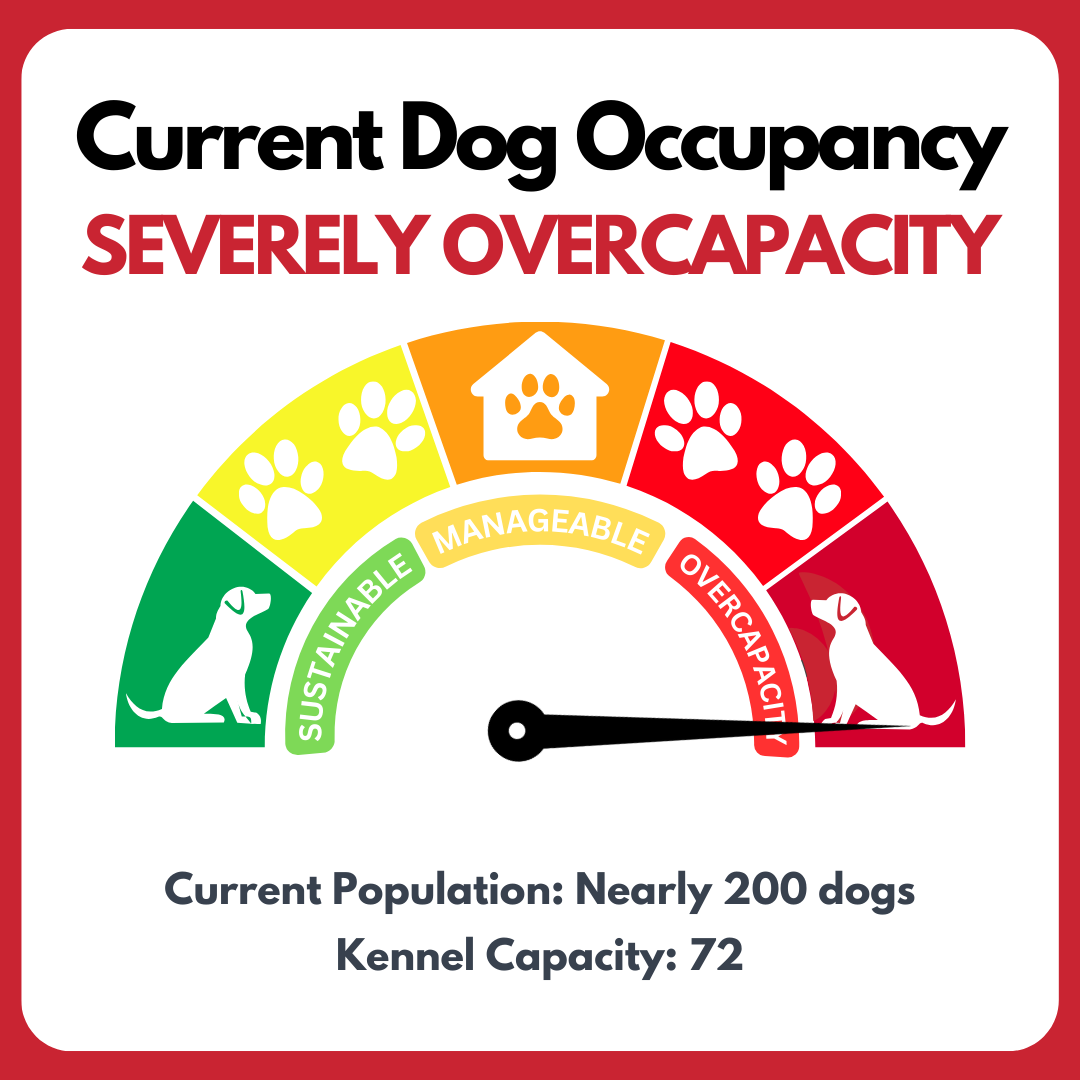EXCESSIVE BARKING
Excessive Barking can be described as constant barking for long periods of time, both day and night, for no apparent reason. Not only is it frustrating and disruptive, but it can also be considered a noise violation and may result in fines or removal of the dog.
the responsibility is yours
Make sure your dog is not the excessive barking problem of your neighborhood. A well-behaved dog allows you to enjoy peace and quiet, yet will give you the safety and security that owning a companion can bring.
good reasons to bark
- Alerts of a potential problem
- Warns of strangers in the street
- Alerts neighbors of intruders if the dog owner is not home
- Possible indication of an animal in distress
The above are good reasons to bark, however, after a few minutes the barking should stop. If it doesn’t stop, teach your dog a ‘quiet’ command. Allow him or her two or three barks, then say ‘quiet’ and interrupt the barking by using a squeaky toy or shaking a can full of pennies. The surprise should interrupt the barking. The moment your dog stops, praise your dog and offer a treat.
A FEW HELPFUL HINTS
- Dogs are less likely to bark if a barrier blocks their view of the street or a neighbor’s yard.
- Take your dog to obedience class.
- Work with your dog on the ‘quiet’ command.
- Keep all training positive, upbeat and consistent until acceptable behavior is achieved.
- Leaving a radio on for an inside pet, tuned to a soothing station, may help alleviate boredom.
- Make sure your dog has toys or something it loves to keep it occupied while you’re gone.
A FEW don’tS
- Don’t yell at your dog to stop barking, the dog will think you are barking too!
- Don’t scold or punish your dog for barking; use positive training methods.
- Don’t leave your dog unattended for long periods of time without addressing barking issues that may occur during your absence.
reporting a barking dog
We understand excessively barking dogs can have a negative effect on the quality of life in your neighborhood. Unfortunately, there is no immediate solution to complaints of excessive animal noise.
Report an issueStep 1: Report excessive barking. We will contact the dog’s owner or guardian and provide them with advice on how to manage an excessively barking dog. Most complaints are successfully handled by education and communication with the dog’s owner.
Step 2: If the issue is not resolved in a reasonable amount of time, you may begin the formal legal process of having the dog declared a “public nuisance.” Contact us for the necessary forms.
Step 3: You must prove the noise created by the pet is excessive by starting a petition signed by you and at least two other neighbors. All signatories must complete a 7-day log documenting each date and time the dog creates excessive noise.
Step 4: Return the completed petition and barking logs to us, and we will schedule a hearing. Anyone who signed the petition must be willing and able to attend a hearing and testify in court.
*The steps above outline the general process by which IVHS & SPCA handles barking dog/noisy animal complaints. Consult your City’s municipal code or contact IVHS & SPCA for more information on formal complaints in your community.
There are some additional services that may require an additional fee.
REPORT AN ISSUE
To report an animal related issue, click the button or fill out the information below. If an animal is actively being abused or in distress, please do not use the form below and contact IVHS & SPCA Emergency Services at (909) 594-9858.
Our Humane and Animal Control Officers are available seven days a week and twenty-four hours a day for animal-related emergencies.
The Inland Valley Humane Society & S.P.C.A. provides animal care and control services to the cities of Chino, Chino Hills, Claremont, Covina, Diamond Bar, Glendora, La Verne, Montclair, Ontario, Pomona, San Dimas, and the unincorporated areas of San Bernardino County; including West End, San Antonio Heights and Mt. Baldy. If your city is not listed, you must contact the animal control agency for your city.
There are some additional services that require a minimal fee.







